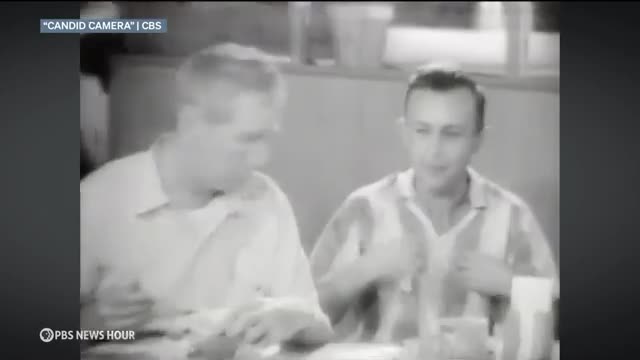Reality TV's origins revealed in groundbreaking documentary series

This article was created by AI summarizing key points discussed. AI makes mistakes, so for full details and context, please refer to the video of the full meeting. Please report any errors so we can fix them. Report an error »

In a recent discussion, experts delved into the evolution of reality television, tracing its roots back to PBS's groundbreaking documentary series \"An American Family,\" which aired in 1973. This series, which followed the Loud family in Santa Barbara, California, is credited with introducing America's first reality TV family. The show captured intimate moments, including the relationship between Pat Loud and her son Lance, who was openly gay—a revelation that shocked audiences at the time and sparked widespread conversation about family dynamics and sexuality on television.
The conversation highlighted how the portrayal of Lance's sexuality and Pat's request for a divorce became pivotal moments in television history, transforming the Louds into the first reality stars and igniting a cultural phenomenon. The series was initially intended as a documentary but was received as reality television, leading to a surge of public interest and analysis.
The discussion also touched on the impact of CBS's \"Survivor,\" which premiered in 2000 and became a defining moment for reality TV. The show's finale attracted over 57 million viewers, showcasing a format that blended elements of soap operas, game shows, and prank shows. This innovative approach not only captivated audiences but also laid the groundwork for a burgeoning reality TV industry.
Experts noted that while audiences are aware of the production and manipulation behind reality shows, the experiences of participants can vary widely. Many face challenges, including misrepresentation and emotional trauma, raising questions about the ethical implications of reality television. As the genre continues to evolve, the complexities of its impact on both viewers and participants remain a critical area of discussion.
The conversation highlighted how the portrayal of Lance's sexuality and Pat's request for a divorce became pivotal moments in television history, transforming the Louds into the first reality stars and igniting a cultural phenomenon. The series was initially intended as a documentary but was received as reality television, leading to a surge of public interest and analysis.
The discussion also touched on the impact of CBS's \"Survivor,\" which premiered in 2000 and became a defining moment for reality TV. The show's finale attracted over 57 million viewers, showcasing a format that blended elements of soap operas, game shows, and prank shows. This innovative approach not only captivated audiences but also laid the groundwork for a burgeoning reality TV industry.
Experts noted that while audiences are aware of the production and manipulation behind reality shows, the experiences of participants can vary widely. Many face challenges, including misrepresentation and emotional trauma, raising questions about the ethical implications of reality television. As the genre continues to evolve, the complexities of its impact on both viewers and participants remain a critical area of discussion.
View full meeting
This article is based on a recent meeting—watch the full video and explore the complete transcript for deeper insights into the discussion.
View full meeting